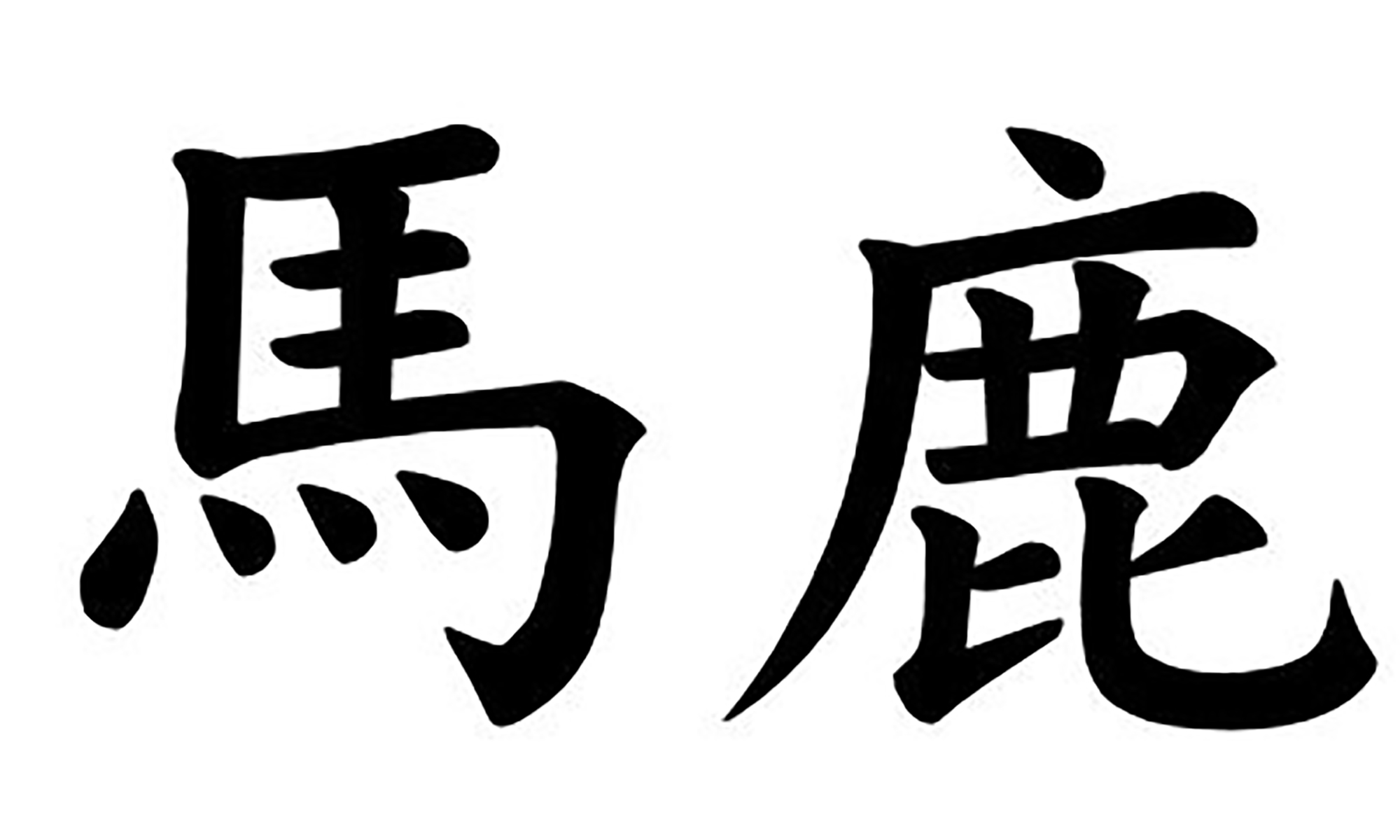for 40 hour work weeks, and 8 hour work days, and the occasional holiday like Labor Day.
Labor unions, in general, are pretty much full of shit.
Like slavery, which was discussed in an earlier post somewhere below, I’m firmly convinced that improvements in manufacturing techniques — hell, the Industrial Revolution in general — would have gradually seen the same changes happen anyway. Take automobile manufacturing. Early on, building cars was piecework, hand-fit, craft- and labor-intensive, and not automated in any significant way. Then Henry Ford invented the assembly line, and the idea that one man did a specific task or tasks along that line (or somewhere in the supply chain making parts for the line), instead of following a complete assembly all the way from layout to driveout. That single innovation made it possible to cut hours and run shifts around the clock.
Did unions have anything to do with that? Knowing what I know about Henry Ford, I doubt it.
Over the years, improvements and efficiencies in manufacturing made it possible to drop work hours from 12 to 10 to 8 hours a day, and from 6 to 5 days a week. Wages also increased as workmen became more skilled and specialized. Did this have anything to do with unions? Maybe. But it would only have done so if small companies that weren’t unionized also followed along.
In fairness, I can’t really bad-mouth the early unions. They did do good work on their members’ behalf. But somewhere along the line, they lost sight of the individual worker and decided to become political players. Public employee unions — which even FDR, bless his tiny Socialist heart, was against — managed to hijack the people’s servants and turned them into the people’s masters. Unions in general started actively spending members’ money to back union-approved candidates and national policies. The Interstate system of highways we have today was a sop handed to the Teamsters Union when it cried about how unfair it was that railways carried all that interstate freight and their members weren’t getting a piece of the action. Schools unionized their teachers and, well, have you seen what goes on in the public schools today?
Worse, unions continued to force wages far higher than they should be, turning an automobile that cost $3,000 in the 1960’s to one that costs $20,000 or more today. Yes, inflation and new technologies are part of that, but the pay and benefits for assembly line work are incredibly high, even taking that into account.
And then unions started to lose members as the industries they controlled either modernized/automated and were able to do with fewer workers, went overseas to find new bases of workers who they could pay less for the same jobs, or both.
Today unions are scrambling to find members in sectors that have traditionally not been organized, or in companies (like Japanese auto factories in the US that aren’t unionized already). They are cheating on union elections, trying to organize non-union factories by slight-of-hand election tactics. They are not going quietly into that good night like so many of the obsolete industries that they’ve seen disappear over the last century, even when they are handed resounding “no” votes, or when legislatures make it clear that they are no longer going to accept their bullying tactics in an era when we are, finally, running out of other people’s money.
So on Labor Day, let’s celebrate the labor of the American worker, which is what we have always been supposed to be doing in the first place. Let’s not celebrate American labor unions, which, while they once had an important place in American history, today are seemingly doing everything they can to besmirch and render meaningless the rich legacy to which they once belonged.
Disclaimer: The author was once a member of the United Steelworkers of America Local 2937. And even then he thought unions sucked.
